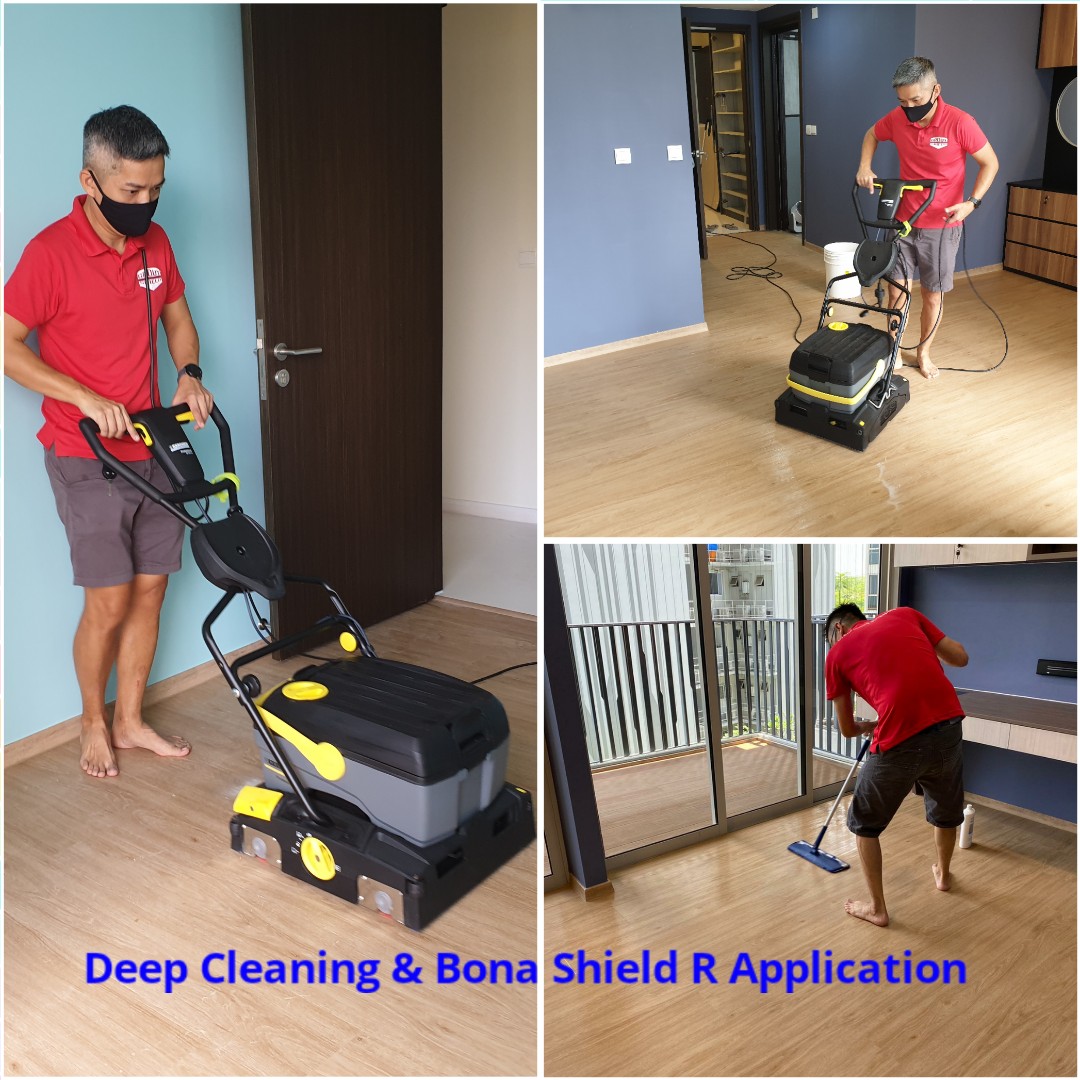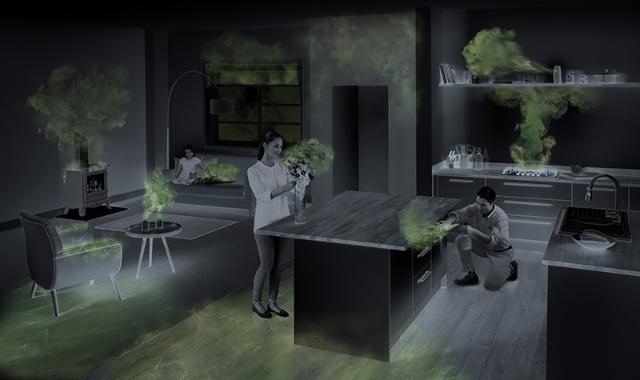Optimizing Bedroom Ventilation: Essential Tips for Comfort

Optimizing Bedroom Ventilation: Essential Tips for Comfort
Proper bedroom ventilation is key to creating a comfortable and healthy sleep environment. From promoting air circulation to reducing humidity, optimizing ventilation contributes to a restful night’s sleep. Explore the following tips to ensure your bedroom becomes a haven of fresh, invigorating air.
Understanding the Importance of Bedroom Ventilation
Before delving into tips, it’s crucial to understand why bedroom ventilation matters. Adequate ventilation helps remove indoor pollutants, controls humidity levels, and ensures a constant supply of fresh air. This is particularly essential in the bedroom, where we spend a significant portion of our day resting and rejuvenating.
Strategic Placement of Windows and Doors
Maximize natural ventilation by strategically placing windows and doors. Position them to encourage cross-ventilation, allowing a steady flow of air through the room. Consider adding window coverings that provide privacy without obstructing airflow, such as sheer curtains or blinds. This simple adjustment can significantly enhance ventilation.
Investing in Quality Bedding and Mattresses
Bedding and mattresses can impact airflow in the bedroom. Opt for breathable materials, such as cotton or linen, for sheets and pillowcases. Additionally, choose a mattress with proper ventilation features to prevent heat retention. Quality bedding not only improves comfort but also aids in maintaining an optimal sleep temperature.
Regular Cleaning to Reduce Allergens
Dust, allergens, and pollutants can accumulate over time, affecting indoor air quality. Regular cleaning, including dusting surfaces, vacuuming carpets, and washing bedding, helps reduce allergens. A cleaner environment contributes to better air quality, promoting healthier breathing during sleep.
Utilizing Bedroom Fans Effectively
Ceiling fans and portable fans are valuable tools for enhancing bedroom ventilation. Ensure your ceiling fan rotates counterclockwise during warmer months to create a cooling breeze. Portable fans can be strategically placed to improve air circulation. Utilize these fans to create a comfortable airflow pattern in the bedroom.
Integrating Air Purifiers for Enhanced Air Quality
Consider incorporating air purifiers into your bedroom to further improve air quality. Air purifiers filter out particles like dust, pollen, and pet dander, providing a cleaner and healthier atmosphere. Look for purifiers with HEPA filters for optimal performance.
Controlling Humidity Levels
Maintaining the right humidity level is crucial for bedroom comfort. High humidity can lead to discomfort and potential mold growth, while low humidity can cause dryness. Use a dehumidifier if needed, especially in damp climates, and consider using a humidifier in dryer environments to strike the right balance.
Creating Ventilation Habits for Better Sleep
Developing good ventilation habits contributes to better sleep quality. Make it a practice to open windows for a few minutes each day to allow fresh air in. Additionally, establish a routine of airing out bedding regularly. These habits go a long way in promoting a consistently fresh sleep environment.
Faberlic-zp.com: Explore Bedroom Ventilation Tips
Discover a wealth of Bedroom Ventilation Tips on Faberlic-zp.com. From selecting the right bedding to incorporating air purifiers, our curated collection provides insights and products to optimize bedroom ventilation. Ensure your sleep space becomes a haven of
Vinyl Flooring Elegance: Essential Care Tips

Preserving Elegance: The Art of Vinyl Floor Care
Vinyl flooring is celebrated for its durability and aesthetic appeal. Discover the essential tips and techniques for vinyl floor care, ensuring your floors maintain their elegance and longevity.
Understanding Vinyl Flooring: A Foundation for Care
Before delving into vinyl floor care, it’s essential to understand the nature of vinyl flooring. Composed of synthetic materials, vinyl is resilient, water-resistant, and available in various styles, including sheets, tiles, and planks. This foundation knowledge guides the care practices that will enhance the life and beauty of your vinyl floors.
Daily Maintenance Habits: Shielding Against Wear
Establishing daily maintenance habits is the first line of defense in vinyl floor care. Regular sweeping or vacuuming removes dirt and debris that can cause scratches over time. Use a soft-bristle broom or a vacuum with a soft brush attachment to shield against wear and maintain the pristine surface of your vinyl floors.
Gentle Mopping Techniques: Nurturing Vinyl Integrity
When it comes to mopping, gentle techniques are key to preserving vinyl integrity. A well-wrung damp mop or a specialized vinyl floor cleaner ensures effective cleaning without excessive moisture. Avoid using excessive water, as vinyl is susceptible to water damage and warping. Consistent, gentle mopping is a cornerstone of successful vinyl floor care.
Choosing Suitable Cleaning Products: A Delicate Balance
The choice of cleaning products is critical in vinyl floor care. Opt for pH-neutral, vinyl-specific cleaners to protect the floor’s finish and prevent damage. Harsh chemicals and abrasive cleaners can strip away the protective layer, compromising the floor’s appearance and longevity. Selecting suitable cleaning products is a delicate balance that maintains the beauty of your vinyl floors.
Prompt Spill Cleanup: Preventing Stains and Damage
Vinyl flooring is resilient, but prompt spill cleanup is crucial to prevent stains and potential damage. Whether it’s a spilled beverage or a pet accident, swift action with a soft, absorbent cloth ensures that the liquid doesn’t seep into the vinyl. For tougher stains, a mixture of water and mild dish soap can be effective without harming the floor.
Area Rugs and Furniture Pads: Protective Measures
Prevent scratches and scuffs by strategically placing area rugs and furniture pads in high-traffic areas. These protective measures act as barriers against potential damage, preserving the flawless appearance of your vinyl floors. Ensure that the rugs have non-slip pads to prevent any shifting that could lead to wear.
Regular Floor Inspections: Addressing Issues Early On
Regular inspections of your vinyl floors are crucial for identifying and addressing issues early on. Look for scratches, dents, or areas where the finish may be wearing thin. Addressing these concerns promptly can prevent further damage and extend the life of your vinyl floors, keeping them looking pristine for years to come.
Professional Refinishing: Revitalizing Worn Surfaces
Over time, even with meticulous care, vinyl floors may show signs of wear. Professional refinishing becomes a valuable option to revitalize worn surfaces. This process involves stripping away the existing finish and applying a new one, breathing new life
Bedroom Air Quality: Creating a Breathable Haven

Breathing Easy: Enhancing Bedroom Air Quality
Understanding Indoor Air Quality: The Bedroom Impact
Indoor air quality is a critical aspect of overall well-being, and the bedroom, where we spend a significant portion of our time, plays a pivotal role. From allergens to pollutants, understanding the factors influencing bedroom air quality is essential for creating a healthier and more comfortable sleep environment.
Ventilation Strategies: A Breath of Fresh Air
Proper ventilation is the foundation of good air quality in any room. Ensure that your bedroom is well-ventilated by regularly opening windows and using exhaust fans. This helps in reducing the concentration of indoor air pollutants and brings in fresh, outdoor air, promoting a more breathable and pleasant atmosphere.
Air Purifiers: Filtering Out Impurities
Investing in a quality air purifier is a proactive step towards improving bedroom air quality. These devices use filters to capture particles such as dust, pollen, and pet dander. Look for purifiers with HEPA filters for effective removal of airborne allergens. Placing an air purifier in your bedroom can significantly enhance the purity of the air you breathe.
Humidity Control: Striking the Right Balance
Maintaining optimal humidity levels is crucial for preventing mold growth and minimizing dust mites, both of which can impact air quality. Use a dehumidifier if your bedroom tends to be overly humid, especially in damp climates. Conversely, in dry climates, consider using a humidifier to prevent excessively dry air, which can lead to respiratory discomfort.
Natural Elements: Indoor Plants for Air Purification
Introducing indoor plants to your bedroom not only adds a touch of nature but can also contribute to improved air quality. Certain plants, such as spider plants, snake plants, and peace lilies, have air-purifying qualities. They absorb pollutants and release oxygen, creating a healthier and more refreshing bedroom environment.
Clean Bedding and Upholstery: Reducing Allergen Sources
The materials in your bedding and upholstery can harbor allergens and dust mites, affecting air quality. Regularly wash and change bedding, including pillowcases and mattress covers. Opt for hypoallergenic pillows and bedding materials. Vacuuming upholstery and carpets with a HEPA-filtered vacuum cleaner also helps reduce allergen sources.
Avoiding VOCs: Mindful Selection of Bedroom Furnishings
Volatile Organic Compounds (VOCs) are chemicals emitted by certain household products and furnishings. When selecting bedroom furniture and decor, opt for products labeled as low-VOC or VOC-free. This conscious choice minimizes the release of harmful chemicals into the air, contributing to a healthier indoor environment.
Regular Cleaning Routine: Dusting and Vacuuming Practices
Dust particles can accumulate quickly, impacting the overall air quality in your bedroom. Establish a regular cleaning routine that includes dusting surfaces and vacuuming carpets and floors. Use a vacuum cleaner equipped with a HEPA filter to effectively trap small particles and prevent them from being redistributed into the air.
Allergen-Proof Bedding: Shielding Against Irritants
Investing in allergen-proof bedding, including mattress and pillow covers, creates an additional barrier against allergens. These impermeable covers prevent dust mites and allergens from settling into your bedding, ensuring a cleaner and healthier sleep environment.
